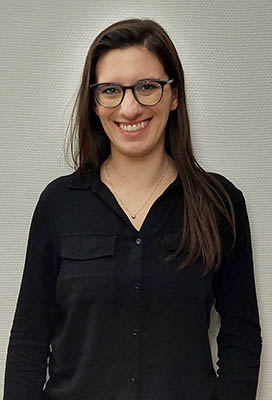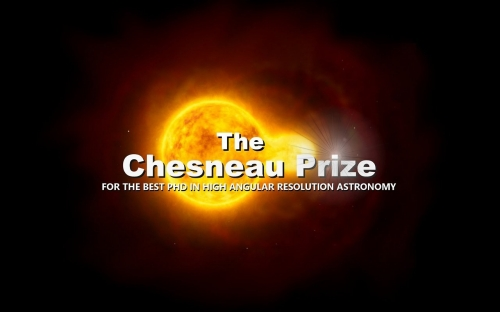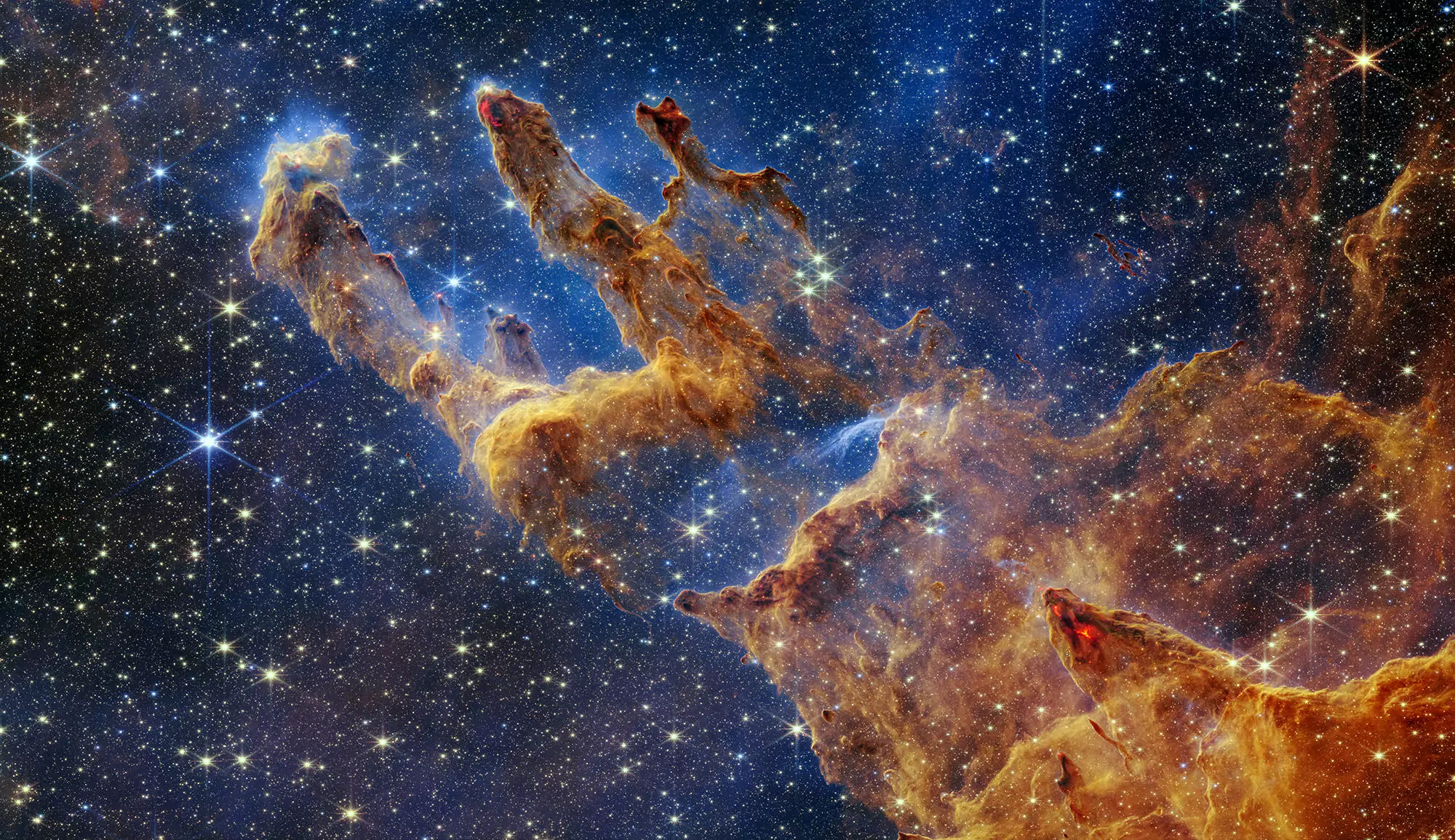
Iva Laginja defended her thesis at the Laboratoire d’études spatiales et d’instrumentation en astrophysique de l’Observatoire de Paris - PSL, on the optimization of segmented space telescopes for exoEarth imaging, under the title : "Contrast based tolerancing of space telescopes for exoEarth imaging".
This thesis impressed the Chesneau prize jury, providing a broad overview of exoplanet detection methods and horizons, a solid theoretical study of tolerancing of segmented mirrors on large space telescopes, and an application and adaptation of this study on a laboratory experiment as well as the JWST, validating, through experiment on real data, the principles developed.
This work has also given rise to three peer-reviewed first-author articles : a significant enough number to be highlighted.
___________
Read also the information
on ESO website : "Olivier Chesneau Prize 2023"
___________
In addition to these scientific achievements, the jury noted Iva Laginja’s strong involvement in the scientific life of her field : very active in animating the high-contrast imaging community, she has demonstrated clear leadership, and actively mentors young researchers.
Congratulations to Iva Laginja, currently a post-doctoral fellow at the HRAA cluster in the high dynamics team at the Laboratoire d’études spatiales et d’instrumentation en astrophysique de l’Observatoire de Paris - PSL.
The Olivier Chesneau Prize
|
